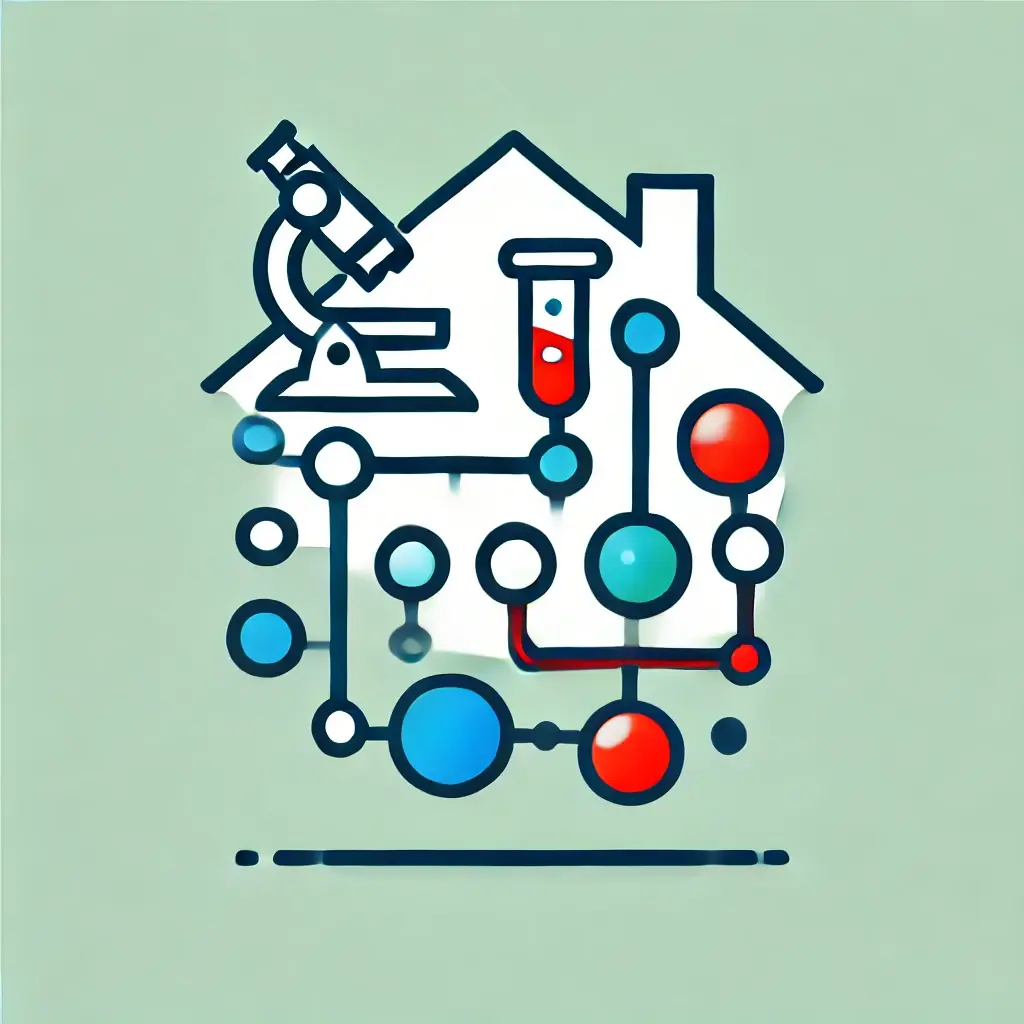Connected lab equipment is revolutionizing scientific research by integrating advanced technologies such as artificial intelligence (AI) and the Internet of Things (IoT). This integration enhances the efficiency and effectiveness of laboratory operations, enabling real-time data collection, analysis, and remote control of experiments.
The Concept of Connected Labs
A connected lab refers to a laboratory environment where instruments, sensors, and data management systems are interconnected through digital technologies. This setup allows for seamless communication and interaction among various devices, leading to improved research quality and speed. Traditional labs often rely on manual processes, which can introduce errors and slow down data analysis. In contrast, connected labs automate routine tasks, allowing researchers to focus on critical thinking and innovation[3].
Key Technologies
Smart Lab Instruments
Smart lab instruments are equipped with sensors and connectivity features that enable them to communicate with a central data management system. These instruments can automatically record and transmit data, reducing human error and increasing the accuracy of results. For example, a smart spectrophotometer can send real-time readings to a cloud-based platform, where data can be analyzed instantly.
Connected Sensors
Connected sensors play a crucial role in monitoring environmental conditions and experimental parameters. They can provide continuous data streams on temperature, humidity, and other critical factors, allowing researchers to make informed decisions quickly. By utilizing AI algorithms, these sensors can also identify patterns and anomalies in the data, facilitating proactive adjustments to experiments[2][4].
The Role of AI in Connected Labs
AI enhances connected labs by enabling advanced data analysis and decision-making capabilities. With the integration of AI, laboratory information management systems (LIMS) can process vast amounts of data at the edge, close to where it is generated. This reduces latency and improves the speed of insights, which is essential for time-sensitive experiments[2].
AI can also assist in predictive modeling, helping researchers anticipate outcomes based on historical data. This capability is particularly valuable in fields such as drug development, where understanding complex biological interactions is crucial. By analyzing data from various sources, AI can uncover insights that traditional methods might overlook, driving innovation and efficiency in research[3][4].
Benefits of Connected Lab Equipment
-
Real-Time Data Access: Researchers can access data instantly, allowing for immediate adjustments to experiments and reducing the time needed for analysis.
-
Enhanced Collaboration: Cloud-based systems enable scientists from different locations to collaborate effectively, sharing data and insights in real-time, which is vital for large-scale projects[3].
-
Improved Compliance and Data Integrity: Automated data management systems ensure compliance with regulatory standards by maintaining accurate records and providing audit trails, thereby enhancing data reliability and security[3].
-
Cost Efficiency: By reducing the need for manual data entry and analysis, connected lab tools can lower operational costs and free up resources for more critical research activities[2].
Connected lab equipment represents a significant advancement in laboratory research, leveraging AI and IoT to create more efficient, collaborative, and innovative scientific environments. As these technologies continue to evolve, they promise to transform how research is conducted, leading to faster discoveries and improved outcomes in various scientific fields.
Further Reading
1. Transforming research laboratories with connected digital twins – ScienceDirect
2. LIMS enables scientists to close in on Edge AI – The Connected Lab
3. What is a “Connected Lab” and How is it Helpful – Lab Horizons
4. Reshaping Scientific Discovery and Laboratory Research with AI | Lab Manager
5. Artificial intelligence (AI)-enhanced virtual labs


